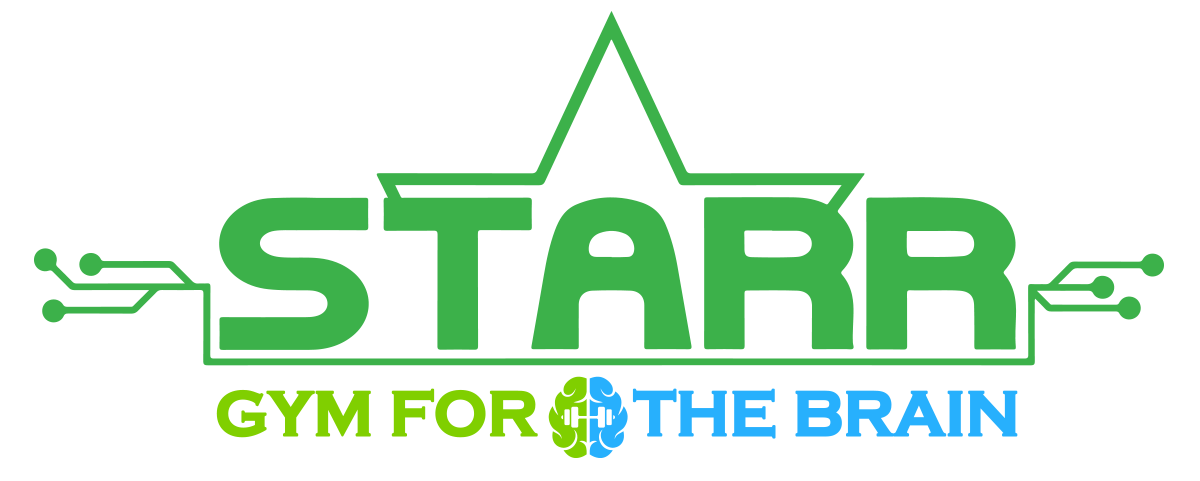Jennifer’s Bio:
Jennifer is the owner of Hartstein Psychological Services, a group psychotherapy practice in New York City. “Dr. Jen” works with children, adolescents and their families with a wide range of psychological diagnoses, and specializes in the treatment of high-risk children and adolescents. She has received intensive training in adolescent suicide assessment and has specialized in this population for several years, using a variety of treatment approaches, including Dialectical Behavior Therapy. Dr. Jen is on the executive committee and a board member for Active Minds, an organization working to decrease the stigma of mental health. Dr. Jen is a self-esteem ambassador for Dove’s Real Beauty campaign and was on the advisory board for MTV’s A Thin Line, which focused on the digital behaviors of today’s young people. Additionally, she is a psychological contributor for NBC’s Today Show, a national morning news program, and a core expert on psychological issues for The Dr. Oz Show, as well as other national news outlets. Dr. Jen is the author of Princess Recovery: A How-to Guide for Raising Strong, Empowered Girls who Can Create Their Own Happily Ever Afters.
According to Dr. Jen, why CBT & DBT work to improve mental health:
Very often, distorted thinking leads to maladaptive behaviors. This pattern is triggered by intense feelings about a situation or our past. Our feelings, behaviors and thoughts are all intermingled. Focusing on how to change one element of this cognitive triad will help to shift the other components. CBT and DBT focus on the “here and now,” providing concrete strategies regarding how to make positive changes in one’s life.
According to the American Psychological Association (APA), CBT is based on three key principles:
1) Psychological issues develop, partly, out of unhelpful or faulty thinking patterns2) Psychological issues develop, partly, out of learned patterns of ineffective behavioral patterns3) People struggling with psychological issues can (and must) learn improved ways of managing, which will help relieve symptoms and improve their quality of life.
Based on these principles, CBT is an active, and interactive, treatment that focused on creating and sustaining long-standing change in one’s life.
DBT is a sub-type of CBT that was developed by Marsha Linehan. DBT stresses the importance of the psycho-social aspects of a person’s life, which include the environments in which they exist. DBT aims to help individuals look not solely at themselves but also at the transactions they have in their worlds. The mismatch between the individual and their environment(s) often leads to a variety of problem areas and cause intense emotion dysregulation. Skills are taught to help an individual manage these better.

